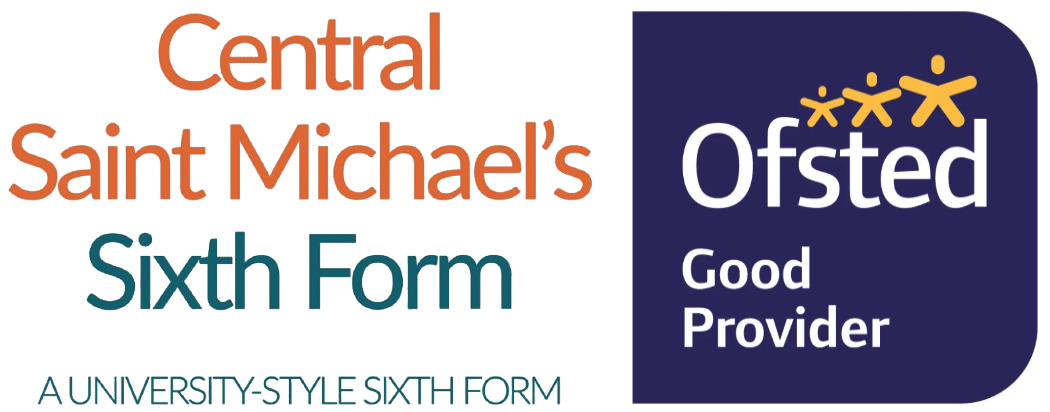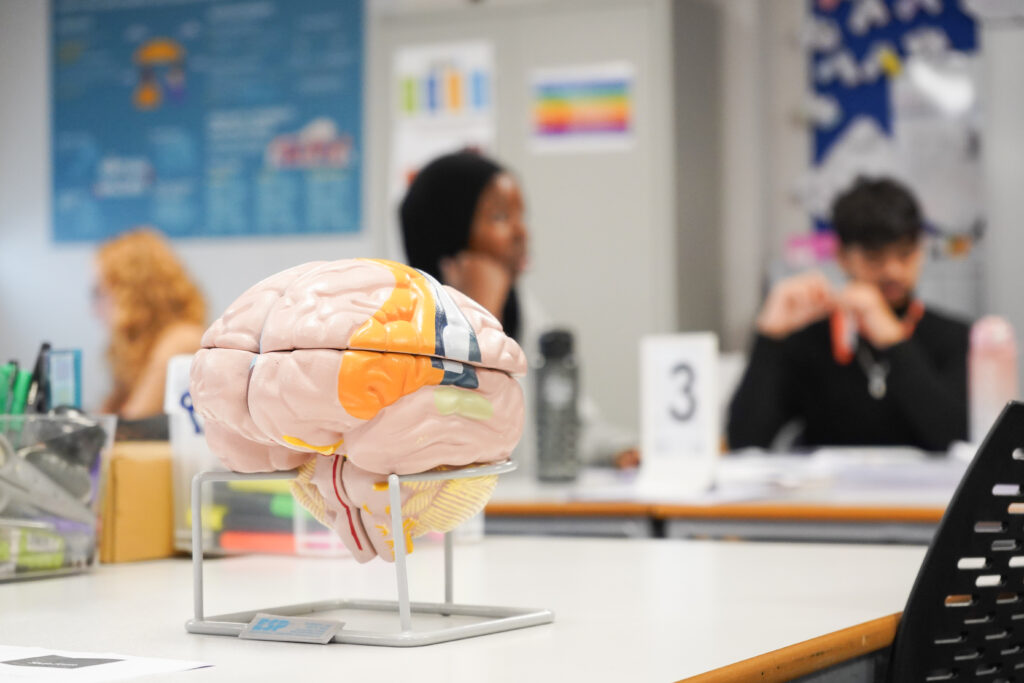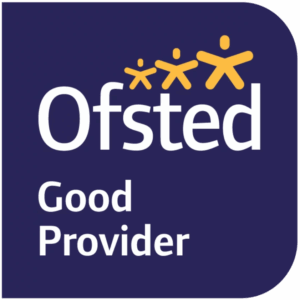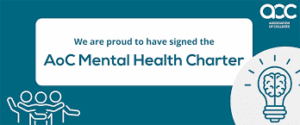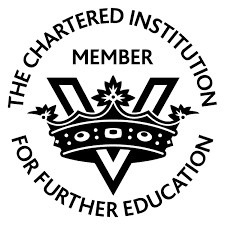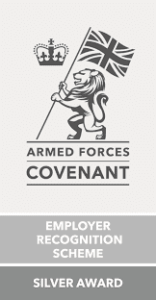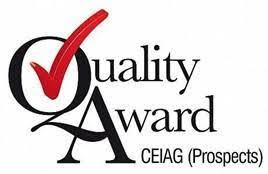If you are interested in studying Psychology in a work-related context, the Applied Psychology course is aimed at you. It’s designed to be practical and applied rather than purely theoretical – so it suits students who like real-world examples and coursework-based assessment as a vocational alternative to A Level exams. This course is ideal for giving you the skills to enter branches of psychology such as criminal, educational, developmental or health psychology. It can also support you into mental health nursing, social work, policing or marketing careers. This qualification will offer you a higher education route to many degree courses or a route to people-facing roles in the workplace.
Content Overview
This qualification includes four mandatory units:
Certificate (Year 1)
Unit 1: Psychological Approaches and Applications (Understanding key theories and how they explain behaviour)
You will explore key themes involved in psychology (social, cognitive, biological and learning) while concentrating on important influential studies. You will learn to apply these areas to three behaviours: aggression, consumer behaviour and gender, giving you an important insight into the basics of psychology.
Unit 2: Conducting Psychological Research (Learning research methods and carrying out investigations)
You will conduct your own study into a chosen area of psychology. You will write up a report, conduct a pilot study and present your findings visually. You will assess your findings and how you conducted your study. This teaches you important skills in terms of time management, work ethic and critical thinking, which you can use in the workplace or in further education.
Extended Certificate (Year 2)
Unit 3: Health Psychology (How psychology helps explain health-related behaviours like addiction)
This topic is all about healthy and unhealthy behaviours shown by individuals, specifically looking at stress and addiction. You will look into how stress impacts the body and how we can manage stress effectively. You will also look into four addictions (shopping, gambling, smoking and alcohol) and investigate the causes of these addictions and their treatments. We also look into how our thought processes impact our choices to engage in addictive behaviours, and how our mindset or environment can make us more or less likely to follow advice to reduce our stress levels or stop the addictive behaviour.
Unit 6. Introduction to Psychopathology (Understanding mental health conditions, diagnoses, and treatments)
You will research how psychopathology has formed over decades and how our understanding and diagnosis of mental health disorders has changed over time. You will investigate one disorder and report on its key symptoms, important causes and treatments. You will start to investigate the impact of the environment and innate factors such as genetics on the development of mental health disorders.
